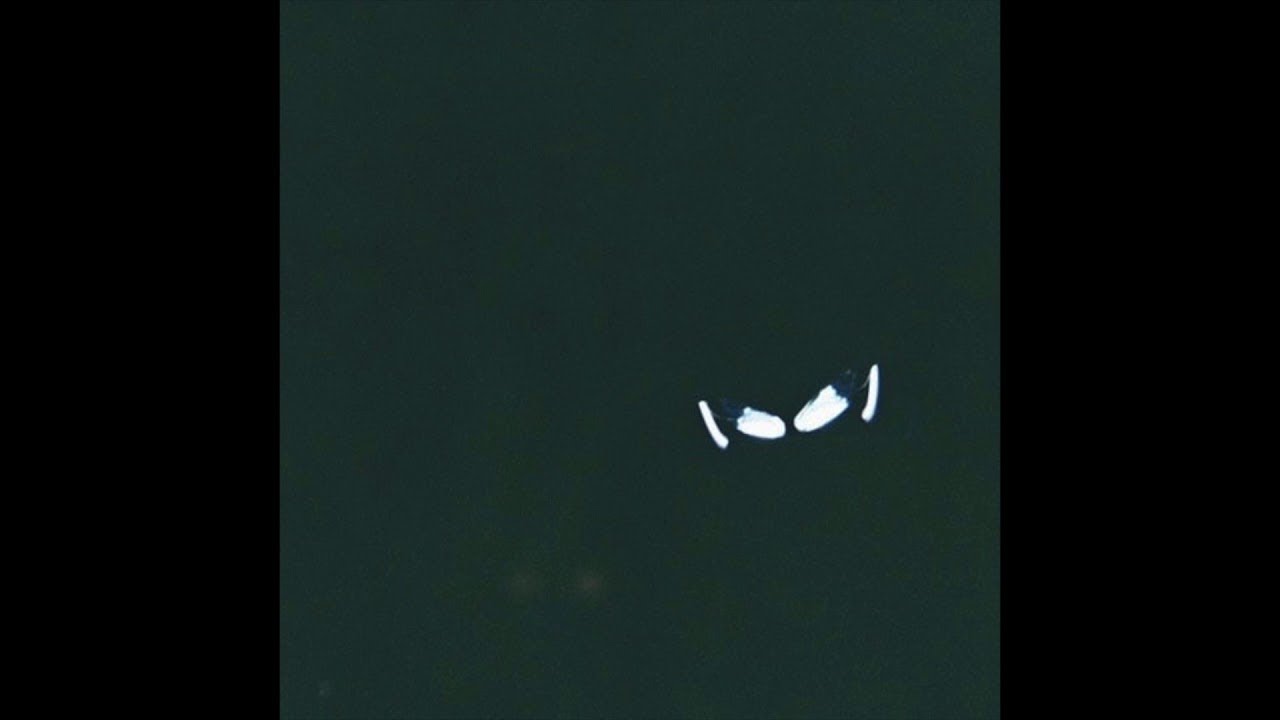A flurry of releases at the end of last year demonstrated that French rap is firing on all cylinders; there was a highly anticipated mixtape from Alpha Wann – a founding member of the group 1995 along with Nekfeu, who makes several striking guest contributions – the debut album from charismatic group 13 Block, MadeInParis’ seductively silky Quel Beau Jour Pour Mourir, and a woozy, single-recapping EP from Ateyaba and more. Among these, Montreuil duo TripleGo still stood somewhat apart from the dominant sounds – they’ve shaken off the comparisons to the all-conquering PNL (TripleGo started at around the same time, even earlier) and while they fit into the broader ‘cloud’ style that has been adopted and adapted in France, which is heavy on distant, grainy synths and lethargic trap beats, their aesthetic feels unique and singularly alluring.
You can find music online from Sanguee (voice) and Momo Spazz (beats) dating back to 2014, and if you work your way forward you can hear them feeling out a variety of approaches, exploring clubby rhythms, various permutations of trap and un-Auto-Tuned raps, while gradually picking up the threads that would lead to the twin 2019 albums – Machakil and Yeux Rouges – which consolidated their style. Momo Spazz (and guest producers) demonstrate a versatility that stretches beyond trap to encompass reggaeton, house, synth pop and, on 3, drill too but always with TripleGo’s very particular stamp.
Part of this is down to Sanguee and the way he interacts with his effects, sliding through wells of reverb and clouds of pixelation, doubling himself with a personal panoply of tics and ad-libs. These techniques are familiar of course, but Sanguee has found his own restrained-but-sonorous approach, deploying subtly inflected (literal) monotony to hypnotic effect. Sanguee’s Moroccan origins undoubtedly play a part too, tapping into the power of trance-through-repetition – he has explicitly cited Gnawa music in the past – and the influence of Algerian Raï, and there is sometimes a devotional feel to the droning close-harmonies he creates with himself. The emphasis is not on lyrical or technical prowess, but simple, evolving rhythmical blocks. On 3’s ‘Maladresse’ his lines land like metal riffs or, in its climactic section, like dancehall toasting. ‘Lelele’s refrain, coupled with a repeated snatch of what sounds like an oud, make for something that feels timelessly folky despite the reggaeton beat.
Equally, Momo Spazz, a fan of electronic music and French Touch at the outset, draws on his own origins (in Algeria and Egypt) to season the tracks with North African instrumentation. But 3 also opens up new directions for the duo – ghetto house on, er, ‘Ghetto House’, drill on ‘Pop!’, the grandiosity of ‘P€sos’ with its cascading John Carpenter arpeggios, and the beatless rush of closer ‘2020’. Spazz is never over-fussy, with tracks like opener ‘Machakil’ almost revelling in their lack of clutter (although most TripleGo usually reveal subtle new details after repeat listens). Everything is in the service of establishing a mood and a flow; ‘Ghetto House’ takes some of the style’s signatures and redeploys them within TripleGo’s own atmospheric idiom.
Lyrically too, TripleGo exist in their own, self-contained universe – frequently the theme seems to be solitude, fighting one’s corner, whether it’s in business or relationships. The language is often hard, defensive, but also admits to inner turmoil, doubt and vulnerability – “it’s you I needed, nothing was going right” Sanguee laments on ‘Lelele’. “Le language est codé” (“the language is coded”) is a line that appears on more than one TripleGo track, suggesting that there’s more going on behind the protective carapace formed by the words. Sanguee mixes languages, sometimes switching into Spanish, but always sounds most wistful, almost appeased, when he sings in Arabic. That goes for parts of ‘Machakil’, despite the title meaning ‘problems’ (in French he also sings “heureusement qu’on a la fois en Dieu” – “luckily we have our faith in God”) and the entirety of blissful closer ‘2020’. There’s a real flood of warmth here that contrasts with, and even contradicts, the coldness and darkness that can prevail in TripleGo’s music. But in a way that warmth is almost always there, even if sometimes it’s expressed as a barely perceptible flourish, a flickering figure that perhaps represents both the tug of spirituality and a nostalgia for places that the pair are both intimately connected with but also at a geographical and cultural remove from. I’d be willing to concede that my love of TripleGo might, in some ways, amount to a form of Orientalism, but the yearning they are capable of evoking feels like something intrinsically and powerfully human. As Momo Spazz put it in a 2018 interview, “the sincerity and emotion that we put into our music are universal values more than anything else… we aim towards a universal music.”



